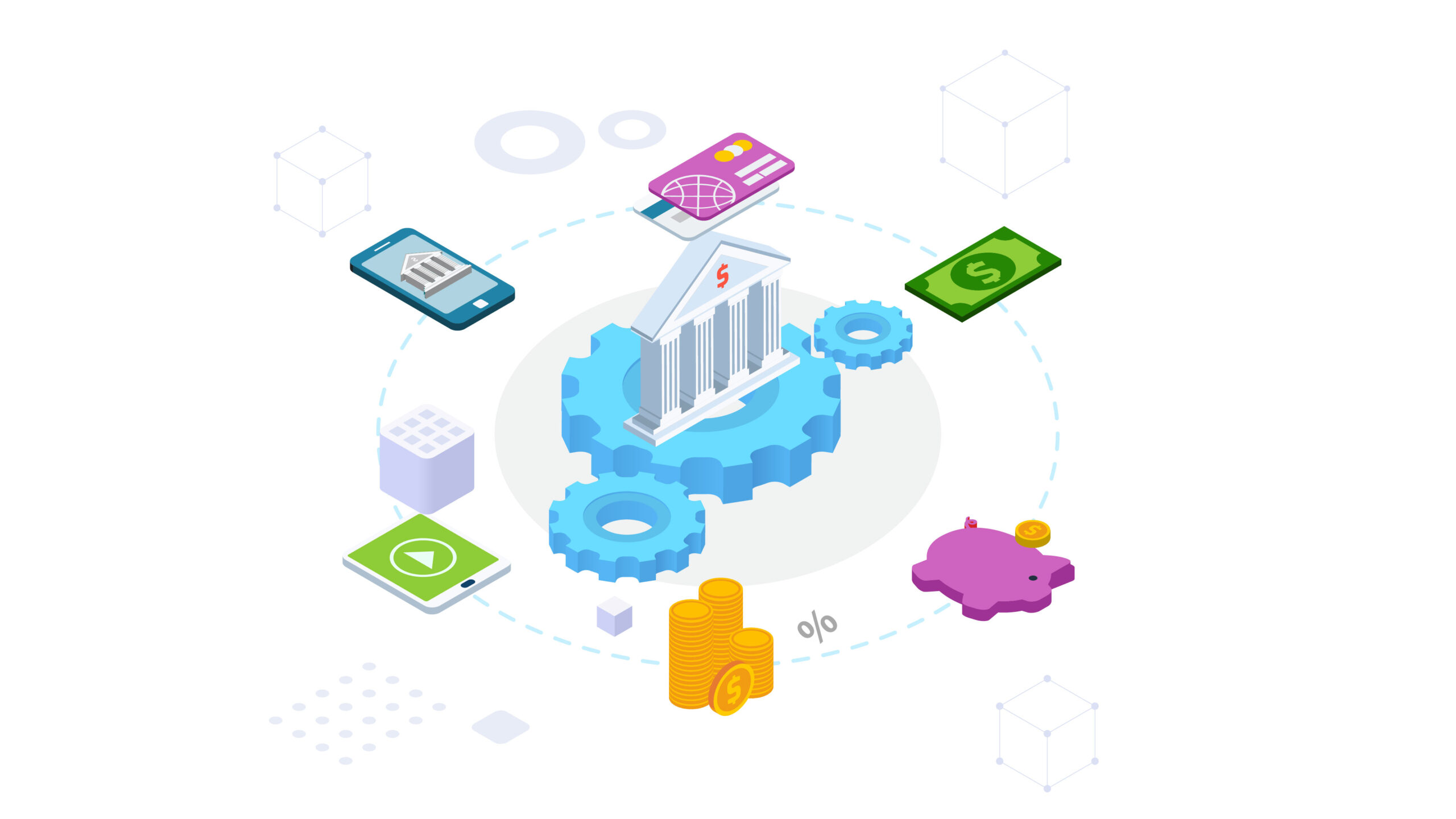AUTHOR : ANNU CHAUHAN
DATE : 25-08-2023
In today’s fast-paced digital landscape, payment processing technology has emerged as a pivotal force that shapes the way transactions are conducted across various industries. From e-commerce to brick-and-mortar stores, businesses are increasingly relying on innovative payment solutions to enhance customer experiences and streamline their operations. In this article, we delve into the realm of payment processing technology, exploring its key features, benefits, and also the transformative impact it has on the modern business landscape.
Introduction
As commerce continues its digital transformation, the methods of monetary exchange have evolved significantly. Gone are the days of relying solely[1] on cash and checks. The advent of payment processing technology[2] has revolutionized how transactions occur, bringing forth speed, security, also convenience to both businesses and consumers [3]also.
Understanding Payment Processing Technology
At its core, payment processing technology[5] involves a series of intricate steps that authorize and facilitate the transfer of funds from a payer to a payee. This process encompasses various players, including merchants, financial institutions, payment gateways, also payment processors. Encryption and also security measures play a critical role in ensuring that sensitive financial information remains protected throughout the transaction lifecycle.
Types of Payment Processing Solutions
- Point-of-Sale (POS) Systems: These systems are commonly found in retail environments, allowing customers to make payments at physical checkout points. Modern POS systems often integrate inventory management and sales analytics also.
- Mobile Payment Apps: The rise of smartphones has led to the popularity of mobile payment[1] apps. With just a tap, users can pay for goods also services, eliminating the need for physical cards or cash.
- Online Payment Gateways: E-commerce [2]platforms rely on online payment gateways to process transactions. These gateways securely transmit payment data between the customer, merchant, and also financial institutions.
Advantages of Modern Payment Processing
Incorporating advanced payment processing technology offers numerous benefits:
- Speed and Efficiency: Transactions that once took hours or days can now be completed in seconds, enhancing the overall customer experience.
- Enhanced Customer Convenience: Whether through mobile wallets or online portals, customers can make payments anytime, anywhere.
- Data-Driven Insights: Payment data provides valuable insights into consumer behavior, helping businesses tailor their offerings to meet customer demands.
Challenges and Solutions
- Security Concerns and Fraud Prevention: As digital[3] transactions increase, so do security risks. Robust encryption[4], multi-factor authentication, and real-time fraud detection are essential safeguards.
- Integration Complexity: Implementing new payment solutions can be complex, requiring seamless integration with existing business systems. Working with experienced providers can mitigate integration challenges.
Innovations Shaping the Future
- Contactless Payments: Near Field Communication (NFC) technology[5] enables contactless payments using smartphones, smart cards, or wearable devices, enhancing speed and convenience.
- Biometric Authentication: Fingerprint and facial recognition add an extra layer of security, ensuring that only authorized individuals can initiate transactions.
Impact on E-Commerce
The influence of payment processing technology on e-commerce is profound:
- Redefining Online Shopping Experiences: One-click payments and saved card information simplify the checkout process, reducing cart abandonment rates.
- Expanding Global Market Reach: Businesses can effortlessly accept payments from customers worldwide, breaking down geographical barriers.
Revolutionizing Brick-and-Mortar Retail
- Self-Service Kiosks: These kiosks enable customers to independently place orders and make payments, reducing wait times during peak hours.
- Queue Management Systems: Payment processing integrated into queue systems enhances customer flow and overall satisfaction.
Adoption Across Industries
- Hospitality and Food Services: Tableside payment processing and digital menus streamline dining experiences.
- Healthcare and Telemedicine: Secure online payment systems facilitate remote medical consultations and the payment of medical bills.
The Role of Cryptocurrencies
- Exploring Blockchain Technology: Blockchain ensures transparent and secure transactions, a key feature of cryptocurrency payments.
- Crypto Payment Processors: Specialized processors enable businesses to accept cryptocurrencies while receiving payments in their preferred fiat currencies.
Regulations and Compliance
Adhering to regulations is crucial:
- Payment Card Industry Data Security : Compliance with these standards is essential to protect cardholder data and prevent breaches.
- Legal and Regulatory Framework: Payment processors must navigate a complex landscape of financial regulations and compliance requirements.
Choosing the Right Payment Processor
Considerations when selecting a payment processor:
- Scalability and Customization: A processor should accommodate business growth and offer customizable solutions.
- Customer Support: Responsive customer support ensures timely resolution of any issues.
Future Trends and Predictions
- Unified Payment Platforms: Businesses will adopt unified platforms that handle various payment methods, simplifying the payment experience.
- Internet of Things (IoT) Integration: IoT devices will facilitate seamless transactions, such as smart fridges restocking groceries automatically.
Conclusion
Payment processing technology has undeniably reshaped how transactions occur, fostering speed, security, and convenience. As the digital landscape continues to evolve, embracing these innovations will be key for businesses to remain competitive and provide outstanding customer experiences.

Frequently Asked Questions
- Is payment processing technology secure?
- Yes, modern payment processing technology employs advanced encryption and security measures to safeguard transactions.
- Can payment processing technology be customized for specific business needs?
- Absolutely, payment processors offer scalable solutions that can be tailored to suit diverse business requirements.
- How do contactless payments work?
- Contactless payments use NFC technology to transmit payment information wirelessly from a device to a payment terminal.
- What role do cryptocurrencies play in payment processing?
- Cryptocurrencies offer decentralized and secure payment options, facilitated by blockchain technology.
- Are there regulatory challenges associated with payment processing?
- Yes, businesses must adhere to PCI DSS standards and navigate a complex legal and regulatory framework to ensure compliance.





